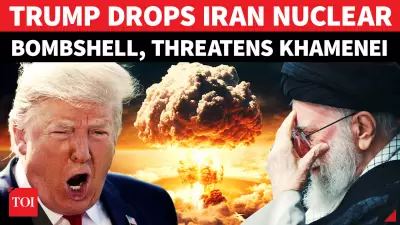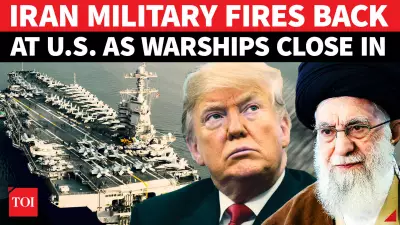
In a landmark declaration that could reshape regional dynamics, Taiwan's Kuomintang (KMT) Chairman Cheng Li-wun has unveiled an ambitious vision combining democratic consolidation, economic rejuvenation, and peaceful cross-strait engagement.
A Three-Pillar Strategy for Taiwan's Future
The KMT leader outlined a comprehensive approach focusing on three critical areas that will define Taiwan's trajectory in the coming years. This strategic framework represents the party's roadmap for navigating complex geopolitical waters while addressing domestic priorities.
Strengthening Democratic Foundations
Chairman Cheng emphasized that preserving and enhancing Taiwan's democratic system remains the cornerstone of his party's agenda. "Our commitment to democratic values is unwavering," he stated, highlighting the importance of maintaining Taiwan's vibrant political landscape while ensuring stability and continuity.
Economic Revival Blueprint
With Taiwan facing economic headwinds, the KMT chairman proposed a multi-faceted economic recovery plan. The strategy focuses on:
- Boosting domestic industries and manufacturing capabilities
- Attracting foreign investment through business-friendly policies
- Developing new growth sectors to diversify the economy
- Creating sustainable job opportunities for Taiwanese youth
Cross-Strait Peace Initiative
Perhaps the most significant aspect of Chairman Cheng's address was his firm commitment to maintaining peaceful relations across the Taiwan Strait. "Peaceful coexistence and constructive dialogue must form the basis of our relationship with mainland China," he asserted, while reaffirming Taiwan's distinct identity and autonomy.
Balancing Act: Sovereignty and Stability
The KMT chairman's approach represents a delicate balancing act – maintaining Taiwan's democratic sovereignty while pursuing pragmatic engagement with China. This middle path aims to avoid both confrontation and capitulation, seeking instead a sustainable modus vivendi that serves Taiwan's long-term interests.
Political analysts suggest this position could resonate with voters seeking stability amid rising regional tensions, while providing a clear alternative to both hardline independence advocates and unconditional unification supporters.
Regional Implications and International Response
The announcement comes at a critical juncture in Asia-Pacific geopolitics, with major powers closely monitoring developments across the Taiwan Strait. Cheng's peace pledge and economic revival agenda could influence not only cross-strait relations but also the broader strategic balance in the region.
As Taiwan prepares for future electoral contests, the KMT's positioning under Chairman Cheng's leadership will likely play a decisive role in shaping the island's political direction and its relationship with the mainland in the years to come.






